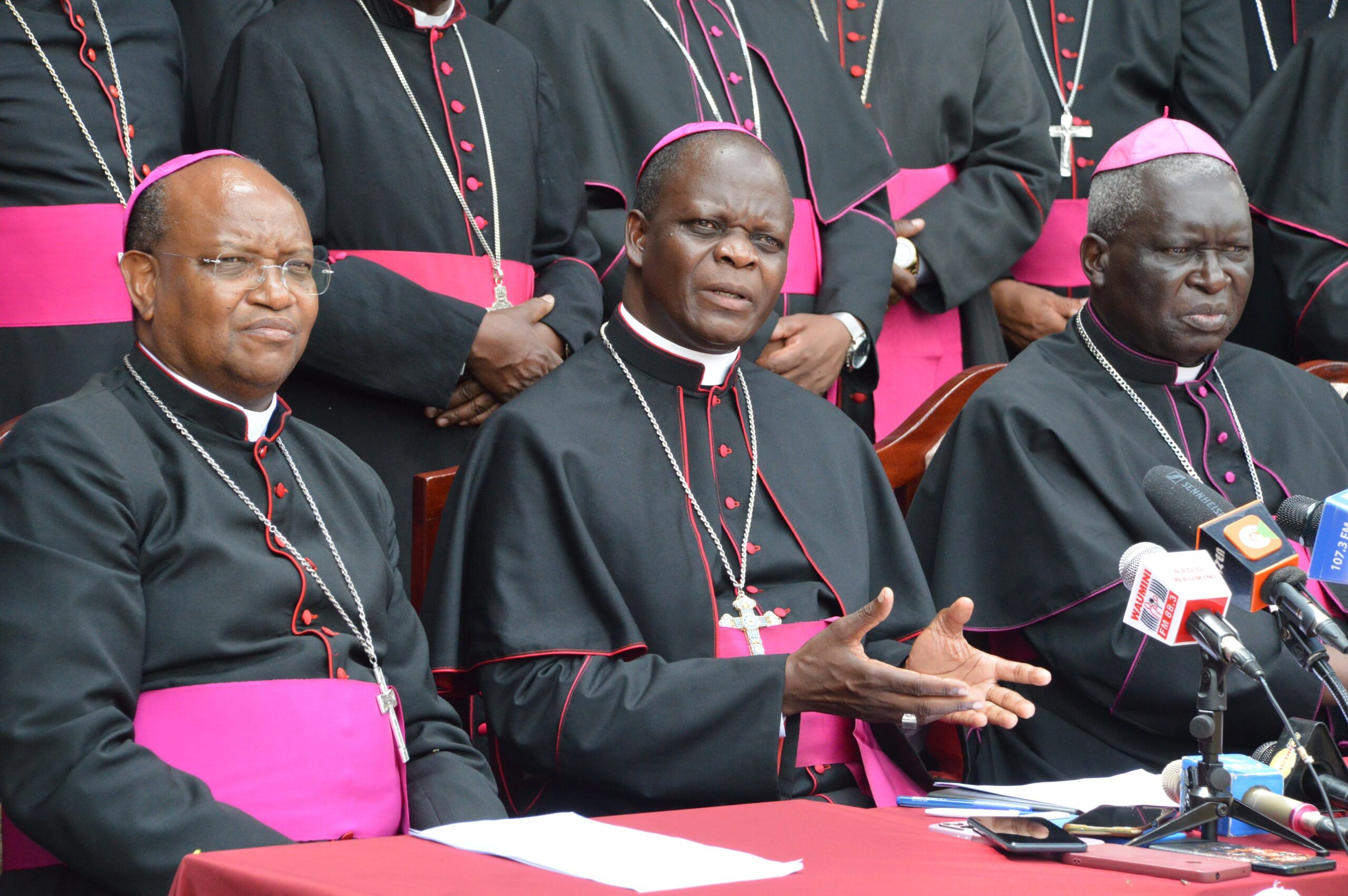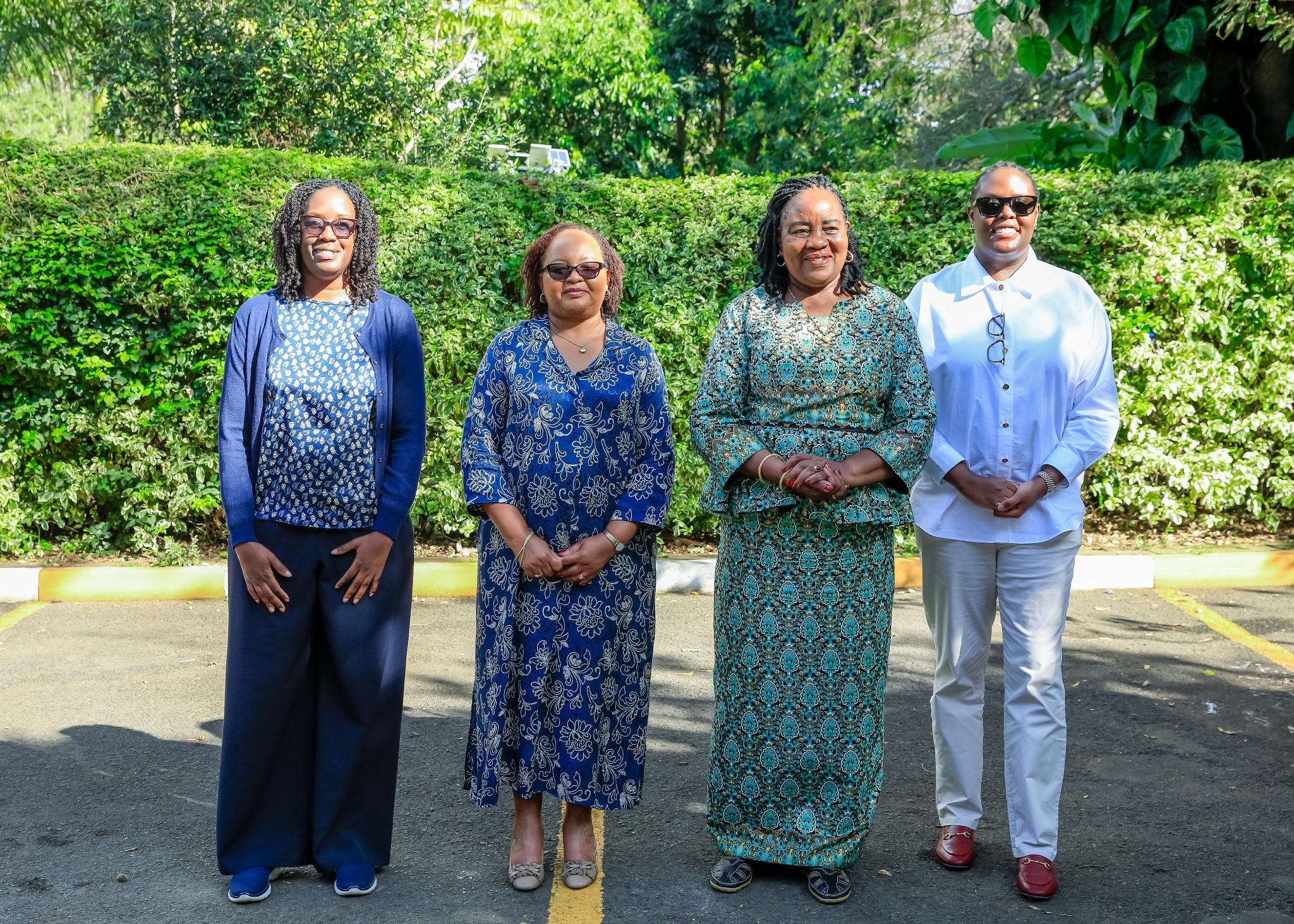
As Kenya marks another year under President William Ruto’s administration, the Kenya Conference of Catholic Bishops (KCCB) has offered an assessment of the government’s performance, acknowledging certain achievements while pointing to areas that require attention.
In a statement released on Thursday, the Bishops highlighted both positive developments and concerns.
On the positive side, they welcomed the Teachers Service Commission’s (TSC) ongoing recruitment of 24,000 teachers, describing it as a promising step toward addressing the perennial shortage of educators, particularly in rural areas.
In their statement, they hope that this exercise will, at the end of the day, have a meaningful impact.
The Bishops also commended the stabilisation of the Kenyan Shilling against the US dollar, noting that it has helped ease some economic pressures on households and businesses.
Investments in national infrastructure, particularly road networks, were also acknowledged as vital for economic growth and regional connectivity.
Education received further praise with the rapid construction of Technical and Vocational Education and Training (TVET) colleges across the country.
The Bishops noted the construction of many TVET colleges throughout the country, and encouraged young people to take advantage of these institutions to acquire needed skills.
However, the Bishops also highlighted areas of concern.
They expressed unease over the recent enactment of the Computer Misuse and Cybercrime (Amendment) Act and the Land Amendment Act of 2025, describing the process as rushed.
They cautioned that without proper oversight, such laws could risk curtailing constitutional freedoms and recommended broader public participation in lawmaking.
The proposed Religious Organisations Bill also drew their attention, with the Bishops emphasizing that faith-based organisations should operate independently to safeguard religious freedoms and maintain public trust.
The statement further raised concerns about the ongoing implementation of the Competency-Based Curriculum (CBC), noting that the lack of clear guidance for teachers, parents, and students could affect children’s education.
This is a risk to the future of the children going through the system, with no clear end expectation, they said. The Bishops called for equitable distribution of newly recruited teachers and timely capitation payments to support school operations.
In health, they acknowledged benefits from services under the Social Health Authority (SHA) but noted inefficiencies, including delays in reimbursing faith-based and private hospitals.
The lingering inefficiencies of SHA will eventually cost us dearly, the statement said, urging the government to expedite payments to prevent disruption of essential services.
The Bishops also addressed corruption, noting that despite government reforms, accountability and integrity challenges persist. Citing reports from the Auditor-General, they called for strengthened measures to enhance transparency and promote sustainable development.
In summary, the KCCB’s statement serves as a measured assessment of the government’s performance. While it applauds progress in education, infrastructure, and currency stability, it also identifies legislative processes, teacher deployment, health financing, and corruption as areas requiring continued attention.















